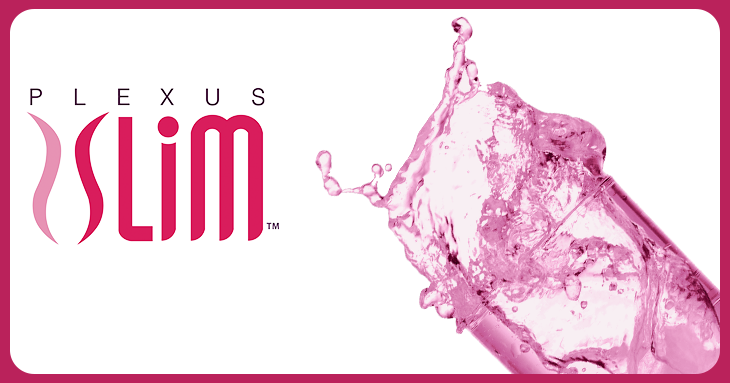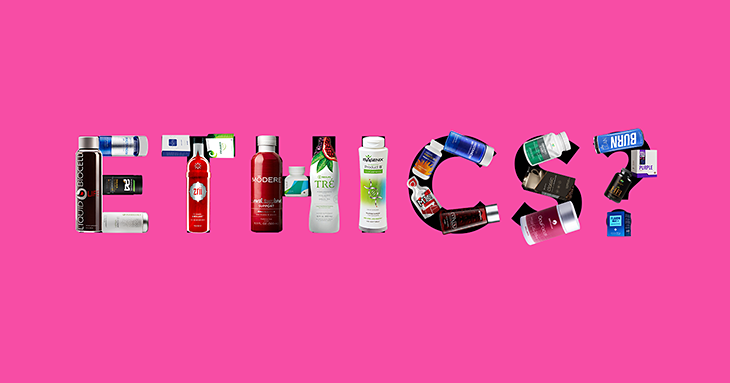Philips Sonicare Airfloss Settlement Doesn’t Adequately Compensate Consumers
MADISON, CT., Oct. 16, 2013 — TINA.org (truthinadvertising.org) has filed a legal brief taking aim at a recent class-action settlement that compensates consumers with a voucher to buy more products from the same company they say falsely advertised its product. The terms do not provide a meaningful benefit for consumers, argues the ad watchdog.
In its first amicus brief, TINA.org said that the terms of the settlement agreement with Philips Oral Health Care Inc. and Philips Electronics North America Corp. provide inadequate compensation to consumers who spent more than $100 for a product that was advertised as an easy replacement for floss. The product, Sonicare AirFloss, cannot actually remove plaque between teeth the same way traditional dental floss can. But instead of giving consumers cash refunds, the settlement provides vouchers to purchase more Philips products. TINA.org said in its brief:
(T)he true beneficiary of this settlement is the defendant because Philips is not required to disgorge any of its ill-gotten gains; Philips is not enjoined from making the false marketing claims at issue; and Philips will reap the benefit of requiring Class Members to give it more business.
In filing the brief, TINA.org is taking on the issue of coupon settlements, which primarily benefit the very businesses that are the target of class actions. Statistics show that redemption rates for settlement coupons and vouchers are extremely low.
“Coupon settlements are never a true benefit to consumers,’’ said Bonnie Patten, executive director of TINA.org. “Consumers may not want to have to buy a product from a company that has deceived them. And, often the coupons come with stipulations that make it even more difficult and less likely consumers will redeem them.”
Follow TINA.org’s actions on the Philips case here.
Media Contact
If you are a member of the media looking to contact us, please email us at: [email protected]


